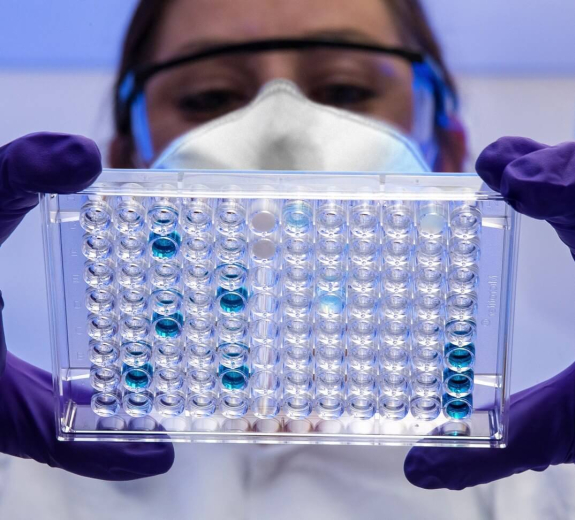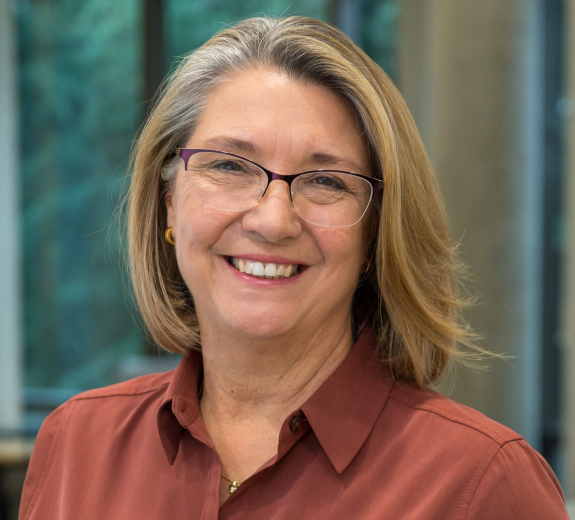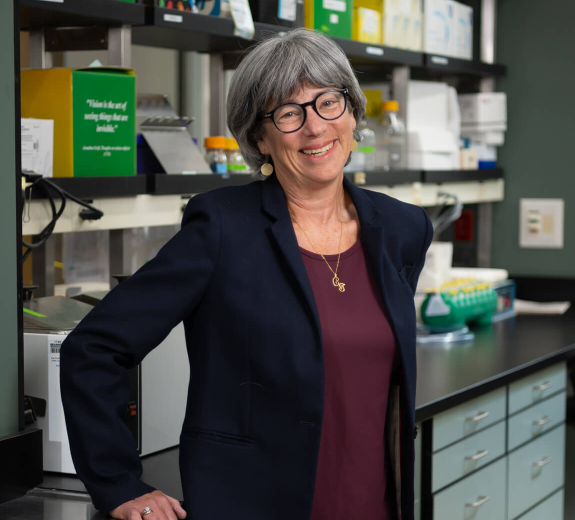BRI is uniquely positioned to accelerate this progress. As we enter a new year, we will advance our mission to predict, prevent, reverse and cure immune system diseases, to fully realize this golden age of medicine.
One way we’re doing this is through engineering three-dimensional tissue models, which helps us ask questions and find answers that are most relevant to human disease. We’re expanding our work in Down syndrome, including exploring why people with Down syndrome have some innate protection from solid tumor cancers like breast and lung cancer — and what we might learn about addressing these cancers in everyone else. We’re also partnering with the University of Washington to explore how environmental factors like diet, exercise, geographic location and wildfire smoke impact the immune system.





